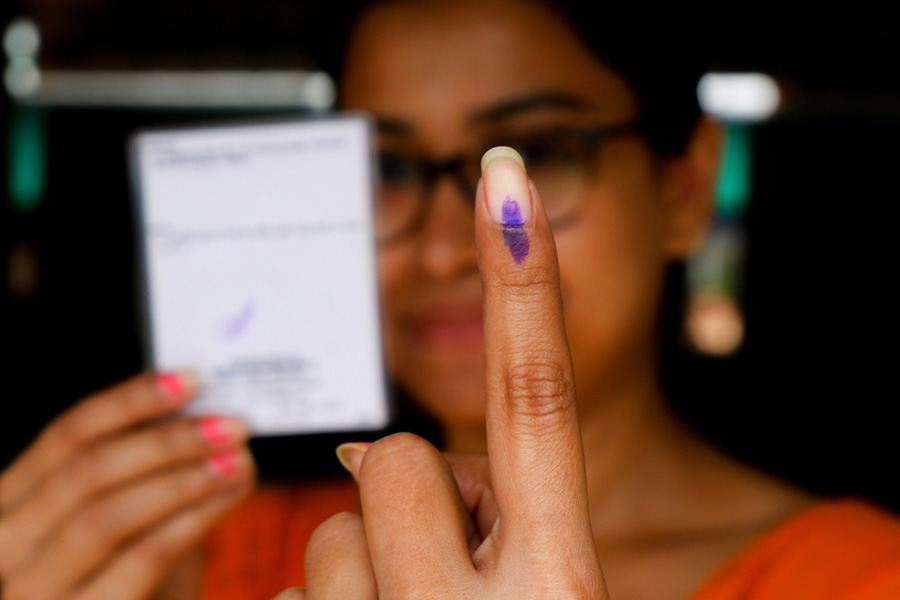The state pollution control board has started monitoring the city’s air quality as part of its exercise to collate data a week before and after Diwali.
The study is aimed at finding out how the level of fine particulates (PM10) varies before the bursting of crackers and after.
“We started monitoring the city’s air quality on Wednesday and will continue doing so till a week after Diwali. We will then draw up a report and send it to the Centre,” Ghosh told Kali puja committees at a briefing session on Thursday.
PM10, experts said, includes minuscule, predominantly carbon-compounds that are the most potent pollutants as they reach the inner crevices of the lungs.
The city’s air quality has always come under the scanner for its rising level of pollution. In March this year, data collected by pollution-monitoring bodies revealed that the air quality of the city in February was more toxic than that of Delhi.
In March, Calcutta’s average air quality index (AQI) — based on the prevalence of the most potent pollutant PM2.5 — was 260, while Delhi’s AQI was 243. On some days in February, Calcutta was twice as polluted as the national capital.
Diwali and the imminent nip in the air are likely to increase the level of pollution further, environmentalists have warned.
Pollution increases in winter because of “temperature inversion”, researchers said. The cold traps pollution close to the ground, particularly in the absence of wind, and maximises the effect on those exposed to it.
In 2015, data from the PCB had shown a three-fold increase in the air pollution level on Diwali night, making it eight times the national limit.
Concern about deteriorating air quality during Diwali crackers had prompted the state government to consider a complete ban on firecrackers in and around Salt Lake last year.
“Just like the air quality report, we will also have to submit a report to the National Green Tribunal on how the norms were followed for immersion. The NGT has already cautioned the Maharashtra government for Ganesh Chaturthi immersion. So I would request all of you to please adhere to the norms,” Ghosh said.











